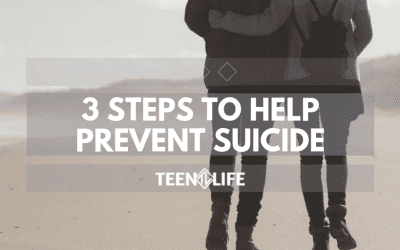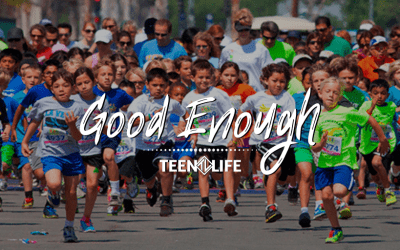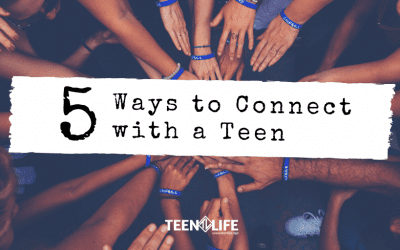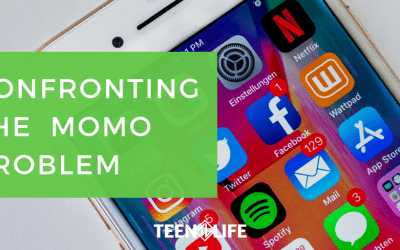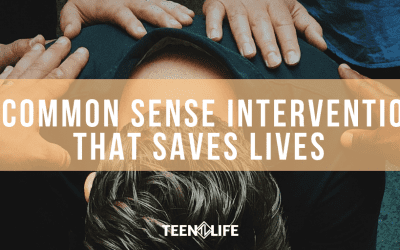Learn three tangible ways to intervene when you think someone may be contemplating suicide.
Mental Health Articles and Episodes
Teens are struggling with mental health today in unprecedented levels. In fact, according to the latest CDC report, 4 in 10 teens felt persistently sad or hopeless in 2021. The good new is, you can help! We’ll keep you updated on the best tools and time-tested tips for connecting with teens. Because no teen deserves to feel alone.
Teens need champions. Be one.
Every teen deserves an adult who believes in them. Our newsletter is packed with updates on teen life, free resources, and practical ways to build stronger, more supportive relationships with the young people you care about. When you grow, they thrive.
Subscribe today — because one caring adult can change everything.
